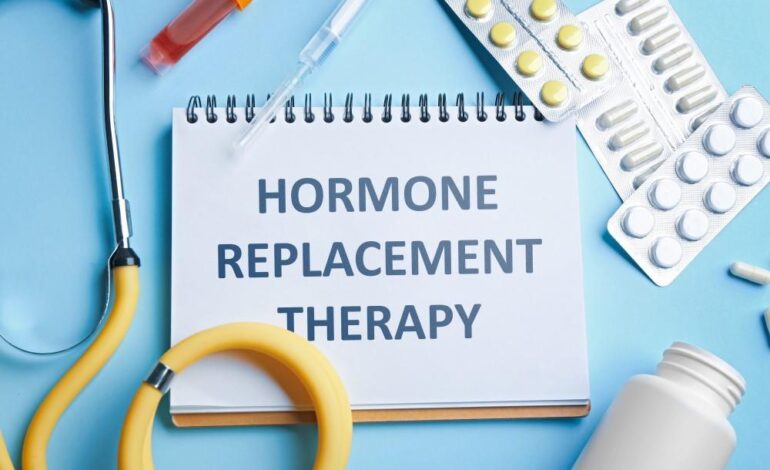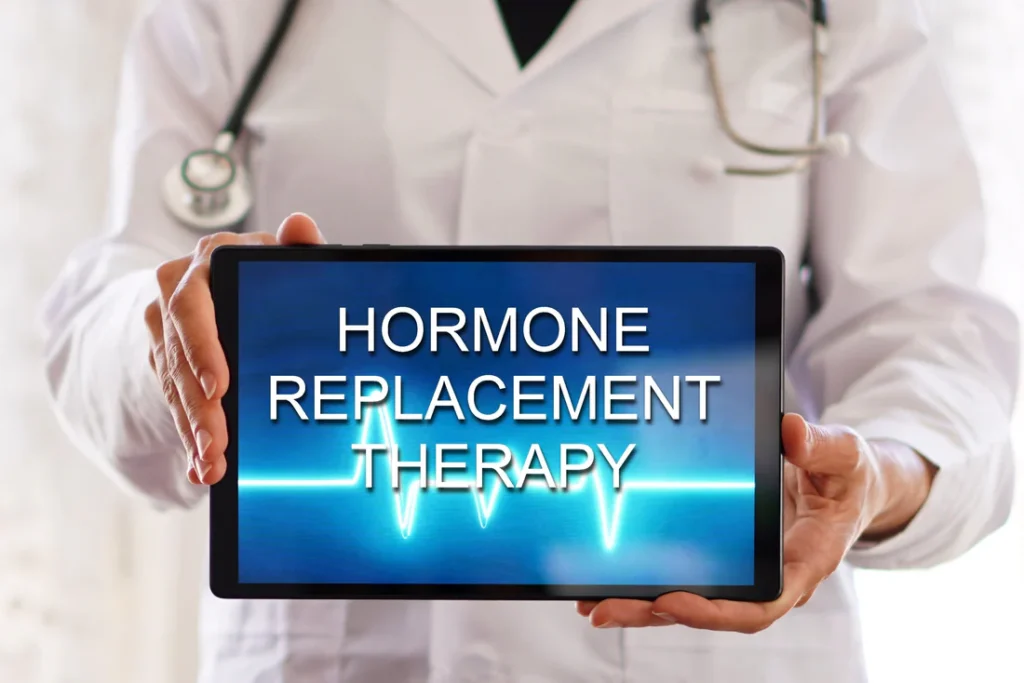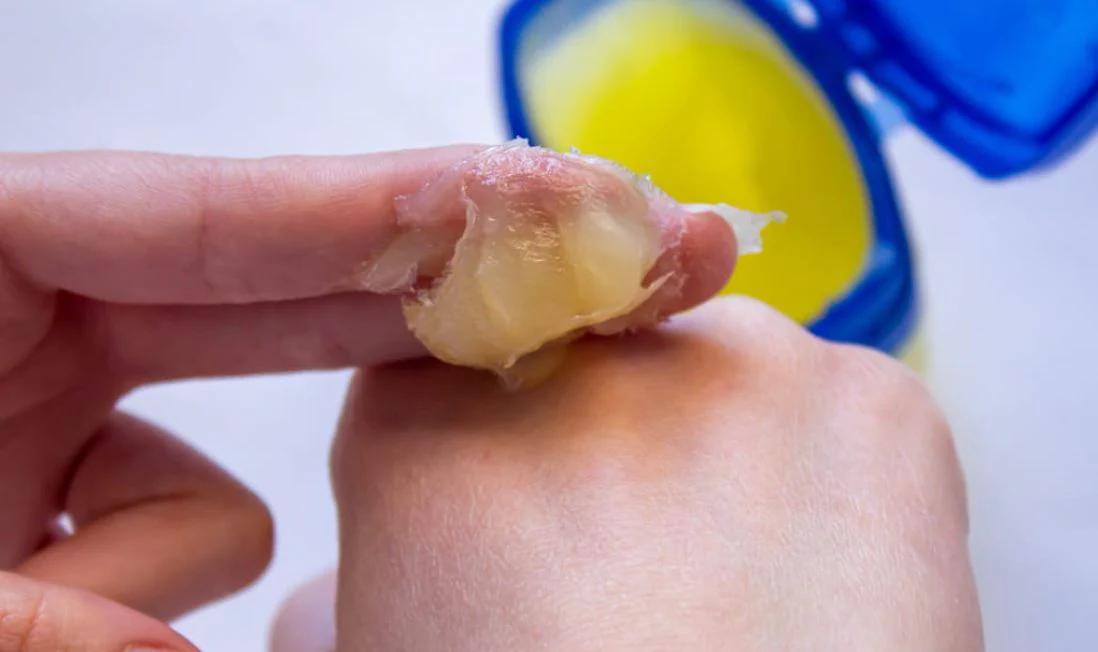Hormone Replacement Therapy: Reclaiming Power, Balance, and Identity
The Day My Body Changed—and No One Told Me What to Expect It started subtly. I wasn’t sleeping well. My focus vanished mid-sentence. My moods—usually level—became unpredictable. Then came the

The Day My Body Changed—and No One Told Me What to Expect
It started subtly. I wasn’t sleeping well. My focus vanished mid-sentence. My moods—usually level—became unpredictable. Then came the hot flashes, the weight gain, the inexplicable fog that settled over everything.
I was 42, and I felt like I was disappearing.
Doctors called it perimenopause. I called it a silent unraveling.
What no one told me back then was that there was a name, a science, and a strategy for what I was going through: Hormone Replacement Therapy, or HRT. And it didn’t just change my hormones—it changed my life.
What Is Hormone Replacement Therapy (HRT)?
HRT is a medical treatment that replenishes hormones—most commonly estrogen and progesterone—that decline during perimenopause, menopause, or other hormone-disrupting phases like surgical menopause or premature ovarian insufficiency.
It can also include testosterone therapy, particularly for women dealing with libido loss, energy crashes, and cognitive shifts.
There are two primary types of HRT:
- Systemic HRT – affects the whole body (e.g., pills, patches, gels, injections)
- Local (Vaginal) HRT – targets specific areas like vaginal dryness without full-body impact
What Are the Symptoms HRT Can Help Alleviate?
Hormonal decline is not just about hot flashes. It’s about identity, autonomy, and vitality. HRT can help reduce or eliminate:
- Hot flashes & night sweats
- Mood swings & anxiety
- Sleep disturbances
- Vaginal dryness & pain during intercourse
- Brain fog & memory lapses
- Low libido
- Fatigue
- Joint pain
- Skin thinning & hair loss
For many, HRT isn’t about vanity—it’s about reclaiming physical and mental function.
Is HRT Safe? Let’s Talk Science

The biggest hesitation around HRT comes from outdated research—particularly the 2002 Women’s Health Initiative (WHI) study, which caused mass panic by linking HRT to an increased risk of breast cancer and heart disease.
What wasn’t widely reported?
- The study used a single type of synthetic hormone combination, not bioidentical hormones.
- Most participants were over 60, starting HRT long after menopause.
- Follow-up studies have since corrected and clarified many of those risks.
According to modern research:
- Transdermal estrogen (patches/gels) carries lower clotting risk than oral forms.
- Bioidentical HRT, prescribed under supervision, may have a better safety profile.
- Starting HRT before age 60 or within 10 years of menopause is generally considered safe and beneficial for many women.
Still, HRT isn’t one-size-fits-all. Risk factors must be considered—like personal or family history of certain cancers, clotting disorders, or liver disease.
Who Can Benefit from HRT?
HRT is commonly used by:
- Women in perimenopause and menopause
- Those experiencing surgical menopause (after hysterectomy or oophorectomy)
- Women with early or premature menopause
- Individuals undergoing gender-affirming hormone therapy
- Women seeking help with osteoporosis prevention or cardiovascular health
Types of Hormone Therapy Options
| Form | Delivery Method | Common Uses |
| Estrogen (oral) | Pills | Systemic symptom relief |
| Estrogen (transdermal) | Patches, gels, sprays | Lower clot risk, steady absorption |
| Progesterone | Pills, IUDs, creams | Protects uterus from estrogen overgrowth |
| Testosterone | Creams, gels, injections | Libido, energy, cognition |
| Vaginal Estrogen | Creams, rings, tablets | Vaginal dryness, urinary symptoms |
Bioidentical hormones, which chemically match human hormones, are increasingly preferred by functional medicine and integrative practitioners. While compounded versions are popular, FDA-approved bioidenticals are widely available and considered safer due to quality control.
How to Get Started with HRT
1. Find the Right Doctor
Not all doctors are HRT-literate. Seek out:
- OB-GYNs with menopausal training
- Functional medicine practitioners
- Endocrinologists specializing in hormonal health
- Certified menopause specialists (NAMS-certified)
2. Get Baseline Labs (If Needed)
While menopause is a clinical diagnosis, hormone panels can help assess levels of:
- Estradiol
- Progesterone
- Testosterone
- FSH (follicle-stimulating hormone)
- Cortisol and thyroid markers (as these often shift too)
3. Discuss Goals, Not Just Symptoms
Are you trying to sleep better? Boost libido? Protect your bones? Your HRT plan should match your life, not just your lab results.
Benefits Beyond Symptoms
1. Heart Health
Estrogen has a protective effect on arteries. Early HRT use may reduce risk of coronary heart disease.
2. Bone Density
HRT helps preserve bone mineral density, reducing risk of osteoporosis and fractures.
3. Brain Health
Emerging studies suggest estrogen may support cognitive function, delay onset of Alzheimer’s, and stabilize mood disorders.
Read About: Bioidentical Hormone Therapy vs. Conventional HRT: What’s the Difference and Which Is Safer?
HRT and Quality of Life: A Personal Shift
I didn’t go on HRT to reverse aging. I went on it because I wanted to feel like myself again.
Within three months:
- My sleep returned.
- My anxiety lifted.
- My relationships deepened because I wasn’t constantly drained or short-fused.
- I began working out again, not because I had to—but because I had energy.
I felt like I had re-entered my body.
And I’m not alone.
Why HRT Still Faces Stigma—and Why That Needs to Change
We don’t shame people for using insulin or thyroid meds. Yet hormone therapy for women is still framed as “optional,” “risky,” or “self-indulgent.”
That mindset is rooted in:
- Historical dismissal of women’s pain
- Outdated studies still lingering in medical practice
- Fear-based media coverage
- A lack of education in standard medical training
But this is changing. 2025 is the year of the hormone conversation—open, evidence-based, and empowering.
Some Thoughts
Hormone Replacement Therapy isn’t about erasing wrinkles or clinging to youth. It’s about staying functional, connected, and well during a life transition we were never taught to prepare for.
It’s not a luxury.
It’s not vanity.
It’s medicine—one rooted in autonomy, informed choice, and thriving long after “the change.”
If you’re feeling lost in your own body, this isn’t the end. It could be your next beginning.
By Gloria Lancer for Ravoke.com








